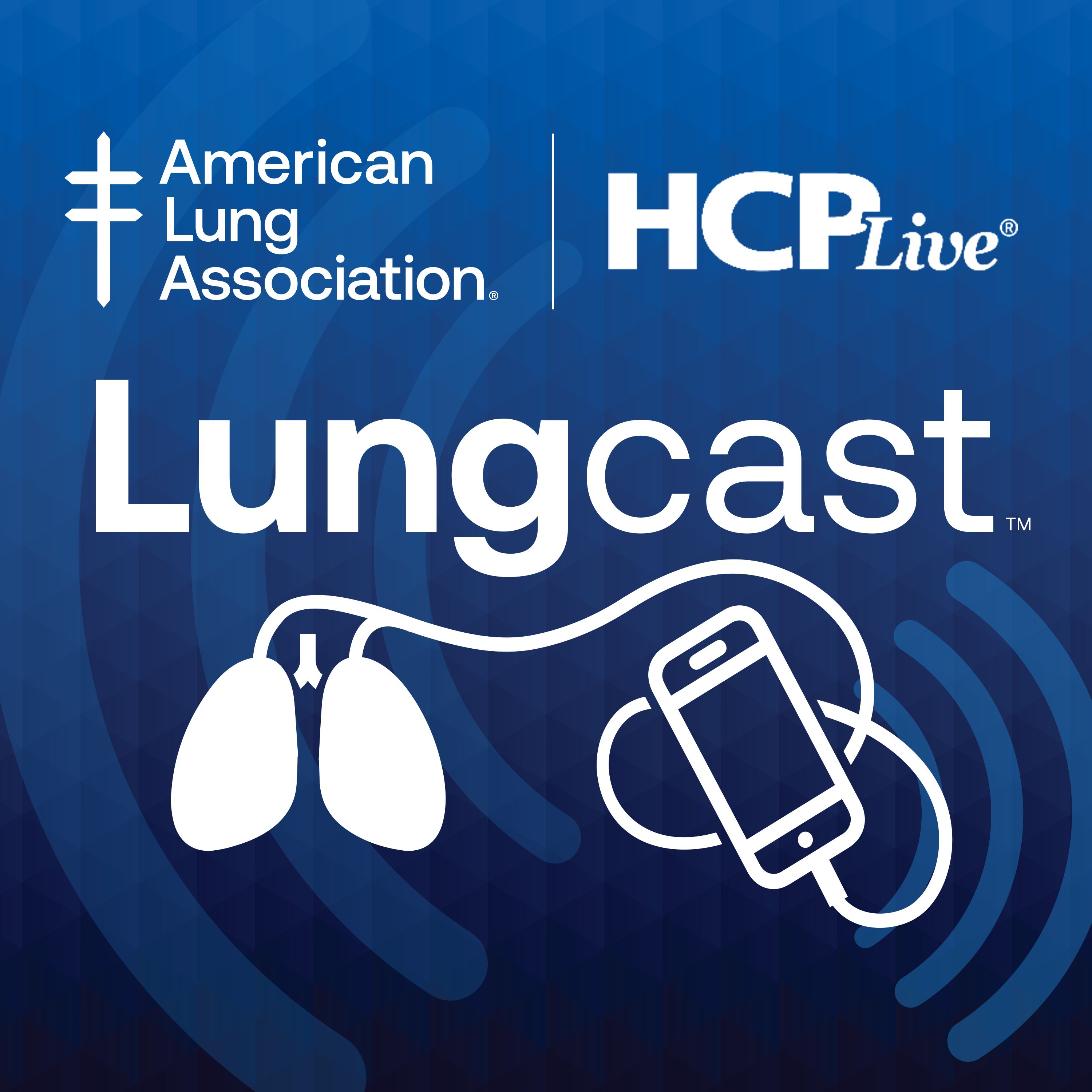Article
Compared With Other Treatments for Sleep Disorders, Benzodiazepines Increase Risk of Overdose
Author(s):
A cohort study aimed to examine the risk of overdose when treating patients with benzodiazepines compared with alternative therapies for sleep disorders, specifically in young people.
Greta A. Bushnell, PhD

Rates of subpar sleep increased by half, or more, among adolescents from 1991-2019, and these disruptions are associated with a number of health consequences. Insomnia specifically raises an individual's risk of hypertension, diabetes, obesity, depression, heart attack, and stroke.
A cohort study aimed to examine the risk of overdose when treating patients with benzodiazepines compared with alternative therapies for sleep disorders, specifically in young people. Adolescents with sleep disorders are prescribed benzodiazepines and unfortunately, when the treatment is combined with opioid use it can result in an overdose.
Greta Bushnell, PhD, and investigators, evaluated the overdose risk associated with benzodiazepine treatment compared with other pharmacologic treatments like trazodone, hydroxyzine, xolpidem, zalplon, and eszopiclone in patients with sleep disorders.
Studying Risks of Sleep Disorder Treatment
This cohort study collected information from a US commercial claims database on individuals aged 10-29 years between 2009-2018. Investigators sought to include those who had a sleep disorder diagnosis and were initiating benzodiazepine, or a comparative treatment.
In the study, exposures were new use of benzodiazepine treatment or comparator pharmacologic treatments, which was defined as a year or more without a prescrition for the treatment.
Overdose rates were gathered from inpatient and emergency department (ED) records within 6 months from the beginning of treatment. Analysis included the propensity score–adjusted cumulative incidence of overdose and hazard ratios (HRs) that were estimated with intention-to-treat and as-treated analyses. Investigators stratified results by prior prescription opioid fill.
Sleep Therapies and Overdose Occurrence
The investigation included 23,084 individuals initiating benzodiazepine treatment and 66,706 initiating a comparator treatment. The mean age was 23 years and 62.6% of the study population was female.
When evaluated 6 months following the start of treatment, 9.7% of those on benzodiazepine were still on treatment, which was lower than the 12.3% of those who were on comparator treatment. The crude incidence of drug overdose at the 6 month mark was similar, with 0.9% among the benzodiazepine group and 0.8% in the comparator group.
However, the adjusted analyses demonstrated an increased risk of drug overdose associated with benzodiazepines compared with the comparator treatments. Compared with individuals who had not recently filled an opioid prescription, the association was more prominent among young people with a recent prescription opioid fill.
"The findings of this study suggest that benzodiazepines, compared with alternative pharmacologic treatments for common sleep disorders, were associated with an increased risk of drug overdose among young people during the following 6-month period,especially among those with a recent opioid prescription," investigators wrote. "Drug overdose is an important safety consideration when treating young people with benzodiazepines."
The study "Association of Benzodiazepine Treatment for Sleep Disorders
With Drug Overdose Risk Among Young People" was published in JAMA.





